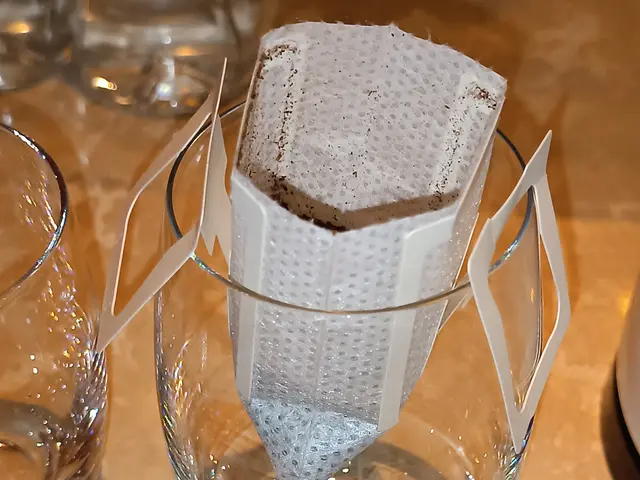MRSA contamination: Spread, avoidance methods, and further insights
Methicillin-Resistant Staphylococcus Aureus (MRSA) refers to a strain of bacteria that is resistant to multiple antibiotics and commonly found on or in the human body without causing an infection, a condition known as colonization. Below, we delve into the nature of MRSA colonization and infection, potential transmission routes, and prevention measures.
Individuals with MRSA colonization may unknowingly spread the bacteria to others, particularly in healthcare settings. MRSA bacteria can reside in moist areas such as the nose, throat, groin, armpits, skin folds, and perineal area. Though it does not cause symptoms, MRSA colonization concerns healthcare professionals due to its potential for transmission.
Unfortunately, MRSA infections can be harmful because their causative strain of Staphylococcus aureus is resistant to common antibiotics, especially methicillin, penicillin, amoxicillin, and oxacillin. This makes treatment more challenging and potentially dangerous, especially for the vulnerable. Transmission routes include close contact with infected or colonized individuals, sharing contaminated equipment or supplies, environmental contamination of household surfaces, and direct contact with infected individuals or contaminated surfaces.
To limit the chances of MRSA colonization and infection, it's recommended to follow hygiene guidelines like washing hands and showering regularly with antiseptic soap, keeping wounds covered and clean, avoiding sharing personal items such as towels, razors, clothing, and bedding, washing clothes, sheets, and towels in hot water and drying on high heat, and disinfecting surface areas frequently. In medical settings, professionals may screen individuals for MRSA bacteria, particularly those about to undergo surgery, and may prescribe decolonization methods such as nasal cream or spray, body wash, and shampoo if MRSA colonization is detected.
It's essential to be aware of signs of MRSA infection, such as pain, redness, pus, swelling, and warmth in the affected area. Infection can occur if the immune system is weakened or there's a wound. By adhering to hygiene guidelines at home and in medical settings, it's possible to reduce the chances of MRSA colonization and infection.
In conclusion, while MRSA colonization may not cause symptoms, it poses a risk of transmission and complications. Proper hygiene practices are essential in limiting MRSA colonization and combating potential infections. For more information on MRSA, check out answers to frequently asked questions like whether MRSA goes away on its own, whether chlorine kills MRSA, and whether you'll always carry MRSA bacteria.
- MRSA bacteria, resistant to multiple antibiotics, can cause infections that are harmful, especially in the vulnerable, due to its resistance to common antibiotics like methicillin, penicillin, amoxicillin, and oxacillin.
- MRSA colonization, a condition where the bacteria resides on or in the human body without causing an infection, is a concern for healthcare professionals due to its potential for transmission.
- In healthcare settings, individuals with MRSA colonization can unknowingly spread the bacteria to others, particularly through close contact or sharing contaminated equipment or supplies.
- Transmission routes of MRSA infections also include environmental contamination of household surfaces and direct contact with infected individuals or contaminated surfaces.
- To prevent MRSA colonization and infection, it's essential to follow hygiene guidelines such as washing hands regularly, showering with antiseptic soap, keeping wounds covered and clean, and disinfecting surface areas frequently.
- In the workplace, workplace-wellness programs can educate employees on the importance of health-and-wellness practices, including hygiene for chronic-diseases prevention, such as respiratory-conditions, cancer, skin-conditions, and mental-health management.
- A balanced nutrition, rich in fruits, vegetables, lean proteins, and whole grains, is crucial for maintaining cardiovascular-health, eye-health, skin-care, and overall fitness-and-exercise, which are vital for maintaining a strong immune system and reducing the risk of MRSA infections.
- When caring for wounds, it's important to follow therapies-and-treatments recommended by medical professionals, such as keeping the area clean and using the appropriate dressings, to reduce the risk of MRSA and other infections.
- In summary, through practicing good hygiene, maintaining a healthy lifestyle, and adhering to medical guidelines, it's possible to reduce the risk of MRSA colonization and combat potential infections, thus promoting overall health and wellness.








